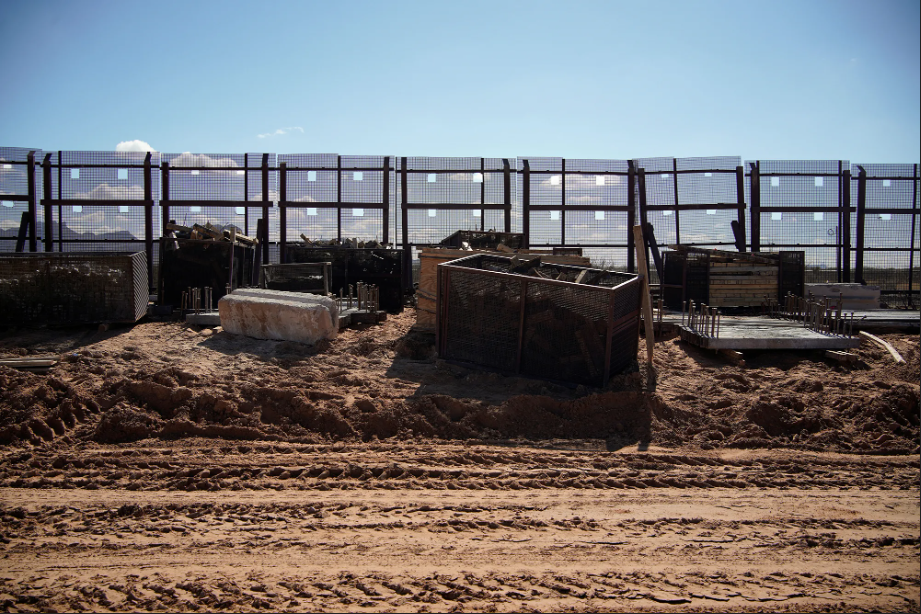Introduction
The dynamics of power, corruption, and unchecked ambition have left profound impacts on societies, shaping their political landscapes and influencing public sentiment. This essay seeks to draw parallels between the systemic corruption in Lebanon, exemplified by the 2020 Beirut port explosion, and the tumultuous events of the Trump era, including his attempts to subvert the 2020 election, the January 6th riot, and his subsequent indictments.
2020 Beirut Port Explosion, East Palestine Disaster, and the Consequences of Negligence
The devastating 2020 Beirut port explosion, a direct result of improperly stored ammonium nitrate which caused over 200 deaths, stands as a grim testament to the negligence stemming from systemic corruption in Lebanon. The ammonium nitrate had been originally ordered for legitimate mining purposes by a Mozambican company but ended up stored in Beirut’s port for nearly seven years, highlighting the failures in oversight and management. In the aftermath, the Portuguese man who had ordered the ammonium nitrate, despite having no direct connection to the explosion or to Lebanon, was arrested alongside low-level Lebanese port officials, exemplifying the nation’s skewed approach to justice and its deep-seated corruption.
Similarly, the disaster in East Palestine, OH, underscores the inherently unforeseeable dangers of deregulation. A decade ago, during President Barack Obama’s administration, the Department of Transportation enacted a rule with the foresight of instituting stricter regulations in the face of changing circumstances. The essence of these regulations was to foster a culture of safety, ensuring that trains carrying hazardous materials were equipped with advanced braking systems to prevent potential derailments.
The train involved in the East Palestine disaster was fitted with the brakes mandated by the Obama-era regulations. However, the tragedy underscores a critical point: while the decade-old regulations were a step in the right direction, they were not an endpoint. The rapidly evolving transportation landscape, coupled with technological advancements, necessitated continuous updates to safety protocols. Instead of building upon the foundation set by the Obama administration and seeking further improvements in rail safety, the Trump administration chose to repeal these safety regulations in 2018. This decision not only signaled that economic interests outweighed public safety but also meant that no proactive measures were taken to address emerging safety concerns. The result was a series of train-related accidents, with East Palestine being one of the most tragic.
Trump’s Subversion Attempts, the January 6th Riot, and Indictments
Post the 2020 U.S. elections, the world witnessed unprecedented attempts by then-President Donald Trump to overturn the results. This culminated in the January 6th riot, where Trump supporters stormed the U.S. Capitol. These events, coupled with Trump’s repeated unfounded claims of election fraud, signify a dangerous erosion of democratic norms and values. Furthermore, Trump’s recent indictments in Washington, New York, and Georgia have intensified the scrutiny of his actions during and post his presidency.
Drawing parallels with Lebanon, after the 2020 Beirut port explosion, the country’s response was marked by political interference. High-ranking officials implicated in the explosion were shielded from prosecution, while low-level port officials faced imprisonment. The investigation faced challenges, with numerous requests to dismiss the lead investigator, reflecting a manipulation of the system similar to Trump’s post-election actions. In a further erosion of democratic norms, Trump has promised to pardon all the January 6th rioters if he becomes President again. Both scenarios highlight the resilience of powerful figures acting against broader societal interests and using their influence to manipulate the justice system.
Lebanon’s Inherent Corruption vs. Trump’s Tax Cuts, Border Wall, and Support Base
Lebanon’s political system, deeply entrenched in cronyism and sectarianism, has long been criticized for its prioritization of monied and sectarian interests over the broader public welfare. This system, which often places power in the hands of a few elite families and sects, has resulted in widespread public discontent due to massive economic disparities and a lack of opportunities for the average citizen. Infrastructure projects, public services, and even basic amenities are often sidelined in favor of projects that directly benefit these elite groups.
In a parallel vein, the Trump administration’s 2017 tax cuts, officially known as the Tax Cuts and Jobs Act (TCJA), were a manifestation of favoring monied interests over the broader American population. While the TCJA was promoted as a boon for the middle class, analyses have shown that it disproportionately benefited the wealthy and large corporations. The policy not only widened the wealth gap in the U.S. but also reinforced the perception that the government was more aligned with corporate and elite interests than with the needs of the average citizen. Furthermore, Trump’s border wall project serves as another example of this alignment. Not only was the wall a significant campaign promise, but its execution was also riddled with cronyism. Reports have emerged that Trump personally and repeatedly urged the head of the U.S. Army Corps of Engineers to award a border wall contract to a specific company. This direct intervention in the procurement process raises serious concerns about favoritism and the misuse of power for personal or political gain. Moreover, despite the vast sums of money allocated to the project, the border wall remains incomplete, with sections of it reportedly rusting or in disrepair. This mirrors the false promises and failures to deliver that have characterized other aspects of Trump’s tenure.
Conclusion
The events in Lebanon and the U.S. during the Trump era underscore the challenges societies face when corruption, unchecked ambition, and democratic value erosion converge. The tragic outcomes in Beirut and East Palestine, as well as the political upheavals in the U.S., serve as stark reminders of the resilience of flawed systems and corrupt figures that often serve their own interests in direct opposition to the broader interests of society. Recognizing these patterns and advocating for accountability and reform is vital for the future well-being of every society.

